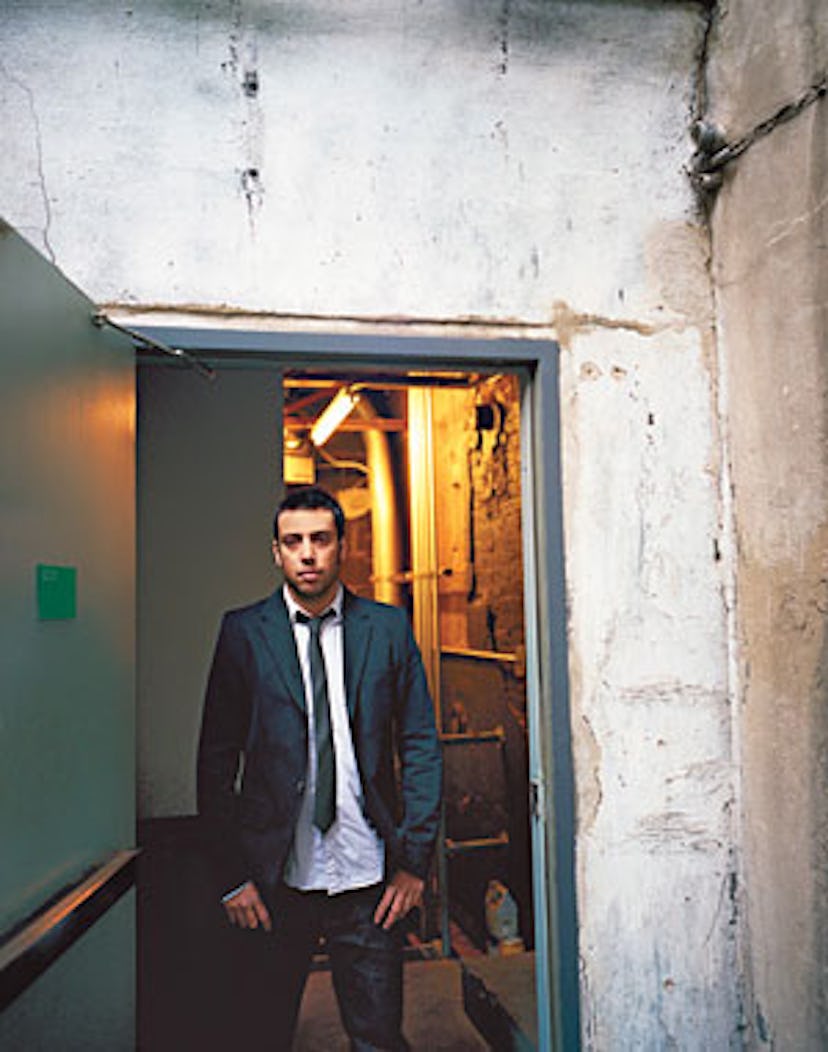Will Power

On his 10th birthday, at a time when most boys his age would have jumped at a matinee of Superman III, Will Frears chose instead to sit through back-to-back productions of Hamlet and Richard III. “I was such a little nerd,” he says. So it wasn’t a surprise to anyone who knew him when he opted for a career in the theater.
“I grew up in a chatty world, where lots of people came to supper,” says Frears, 34, the son of director Stephen Frears and London Review of Books editor Mary-Kay Wilmers. “I was expected to have an opinion and to be clever.”
Those skills have served him well in the New York theater world, where Frears has begun to make a name of his own. His 2003 directorial debut, the Pulitzer Prize finalist Omnium Gatherum, about a post-9/11 dinner party, prompted The New Yorker’s John Lahr to write that “for the young director, it’s a wow beginning.” Frears, a Yale School of Drama grad, has since taken on works by a range of playwrights, from William Inge to Theresa Rebeck. Says Rebeck, “He pokes at a play sort of slyly—it’s his great gift.” His latest project, Simon Farquhar’s Rainbow Kiss, about a one-night stand, runs through April 13 at New York’s 59E59 Theaters.
But having honed his stage chops, Frears now wants to focus on filmmaking and is intent on learning “a new way of working.” He’s just wrapped the six-minute short “Beloved,” which stars his pal Chloë Sevigny, and his debut, “All Saints Day,” recently won best short at the Savannah Film Festival.
“It was the first prize I’ve won since I was 12, when I won ‘keeping the ball up in the air longest’ at soccer camp,” says the New York–based Frears, who counts among his mentors director Mike Nichols, whose dual stage-film career he aspires to emulate. “Will is extremely talented,” says Nichols, pointing to Frears’s imagination and curiosity about the past. “When he does a play, people notice because it’s intelligent and funny and he chooses actors brilliantly.”
Frears says his father also occasionally weighs in with tips: “Sometimes he just says, ‘Don’t f— it up,’ which is quite useful to be told now and again.”